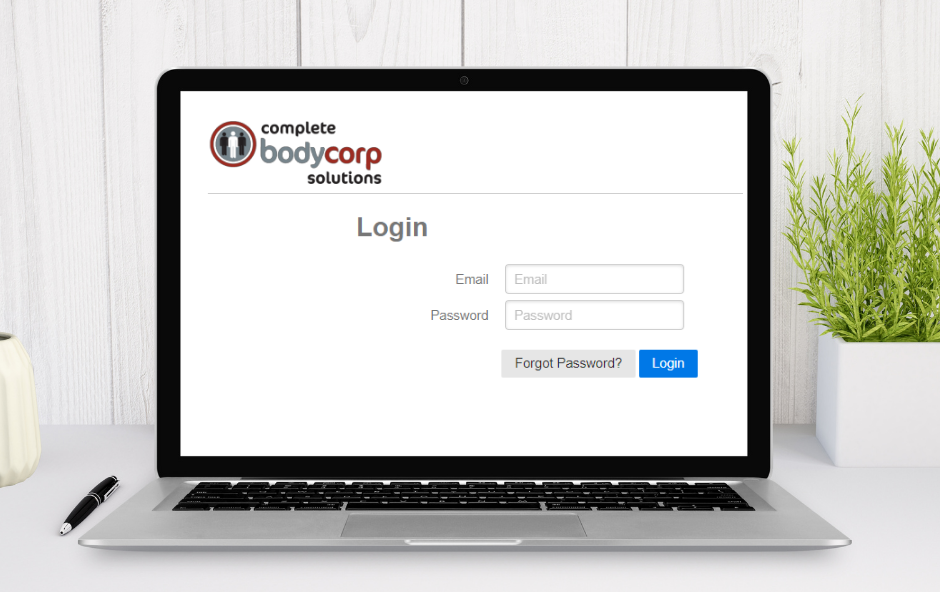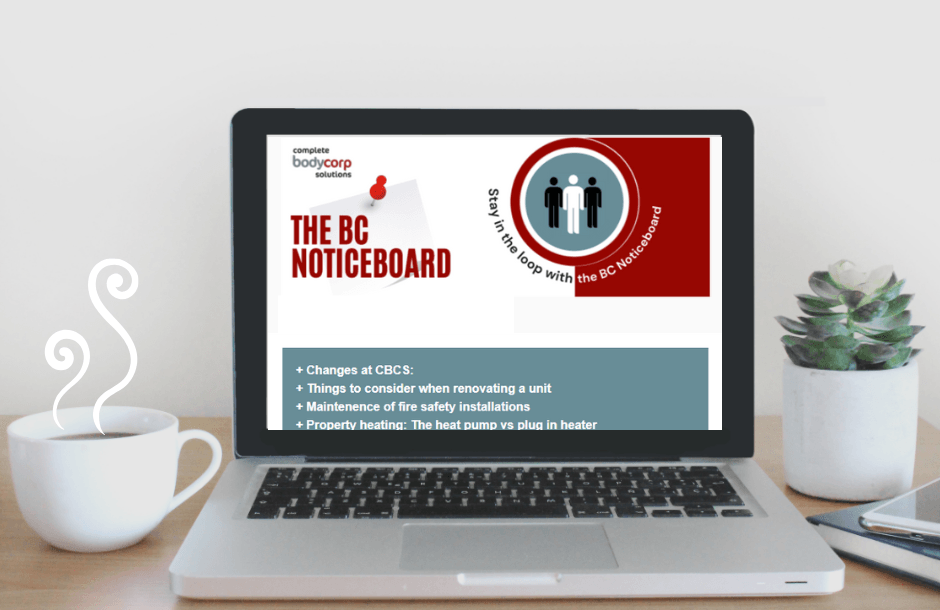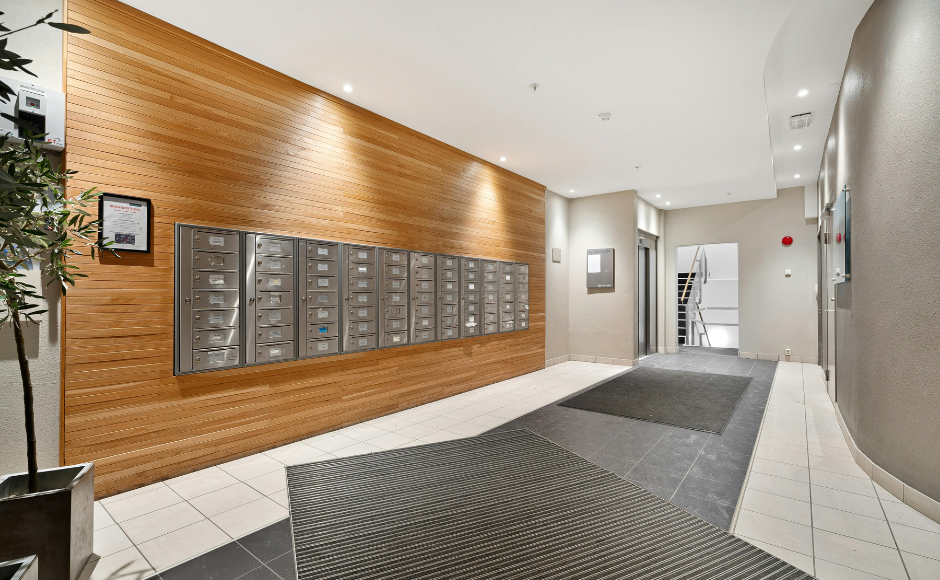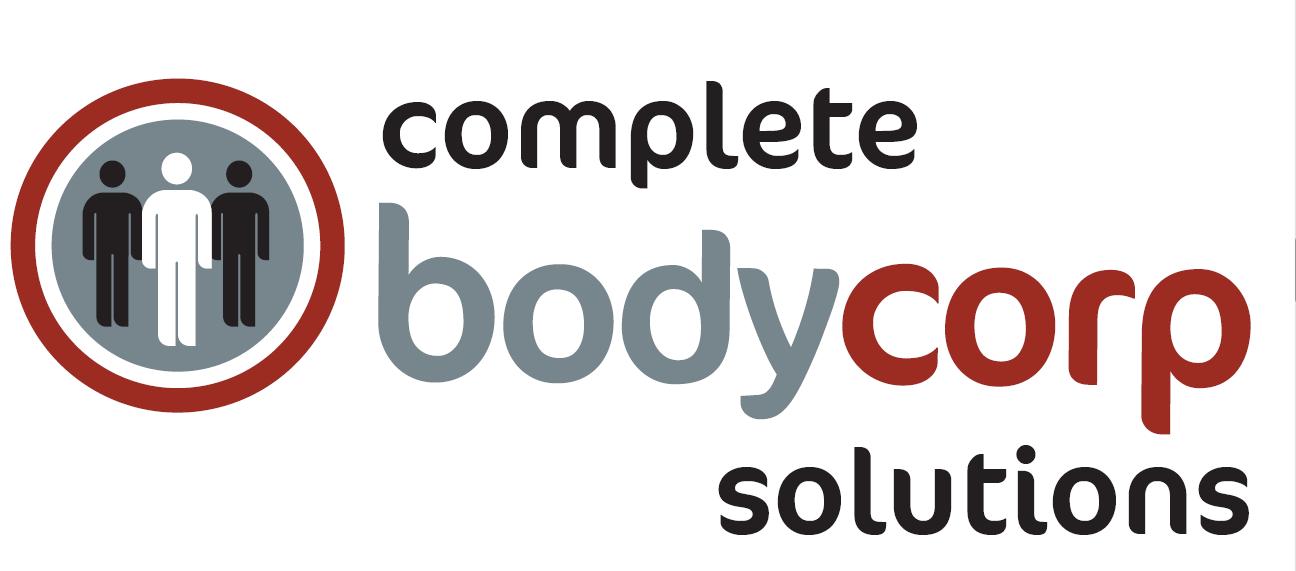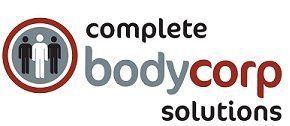By Ben Duflou
•
December 2, 2025
Owning a unit in a body corporate community means sharing common spaces, amenities, and responsibilities - and with that can come the occasional disagreement. Whether it’s noise complaints, parking disputes, or a by-law breach, it’s important to address issues constructively and follow the correct process. Below, we’ve put together a brief guide on what unit owners should know about resolving conflicts in a strata environment before they escalate. 1. Start with a Calm, Direct Conversation Many issues can be resolved quickly through a respectful, private conversation. If you’re comfortable doing so, approach the other party directly and politely explain your concern. Sometimes, the other person may not even be aware there’s an issue. 💡 Tip: Avoid approaching someone in the heat of the moment - wait until you can speak calmly and clearly. 2. Check the By-Laws First Before making a complaint, it’s worth confirming whether the issue actually breaches a by-law. Common by-laws cover: Noise limits Parking rules Use of balconies or common areas Pet ownership Renovations or alterations If you're unsure, contact your body corporate manager (that's us!) for guidance or request a copy of the by-laws. 3. Put It in Writing if Needed If a direct conversation hasn’t resolved the issue (or if you don’t feel comfortable initiating one), the next step is to submit a written complaint to the body corporate or strata manager. Be clear, factual, and avoid emotional language. Include: The nature of the issue Dates/times of incidents (if applicable) Any steps you’ve already taken 💡 Reminder: The body corporate can only act on matters that fall within its authority - private disputes that don’t breach by-laws may be outside its jurisdiction. 4. Give the Process Time to Work Once a complaint is submitted, the committee or manager will assess the situation. This might involve issuing a breach notice, seeking further information, or inviting both parties to discuss the issue. It’s important to give the process time - rushing or pushing for immediate outcomes can sometimes inflame the situation. 5. Mediation or Dispute Resolution If informal approaches and formal notices don’t resolve the matter, you may need to escalate the issue through mediation through services like Disputes Tribunal or Tenancy Tribunal (which can handle body corporate disputes). Mediation helps find a compromise without going to court. If mediation fails, you may escalate to formal hearings or court action, but this should always be a last resort. 💡 Tip: Document everything - emails, notes, or reports - if you believe you’ll need to take the matter further. Final Thought Disputes are never pleasant, but they can often be resolved without legal action if handled early and respectfully. As a unit owner, knowing the correct process protects both your rights and your community’s peace of mind. For more information on dealing with disputes, please don't hesitate to get in touch with our team at 04 970 5435. You can also refer to your scheme’s by-laws.
